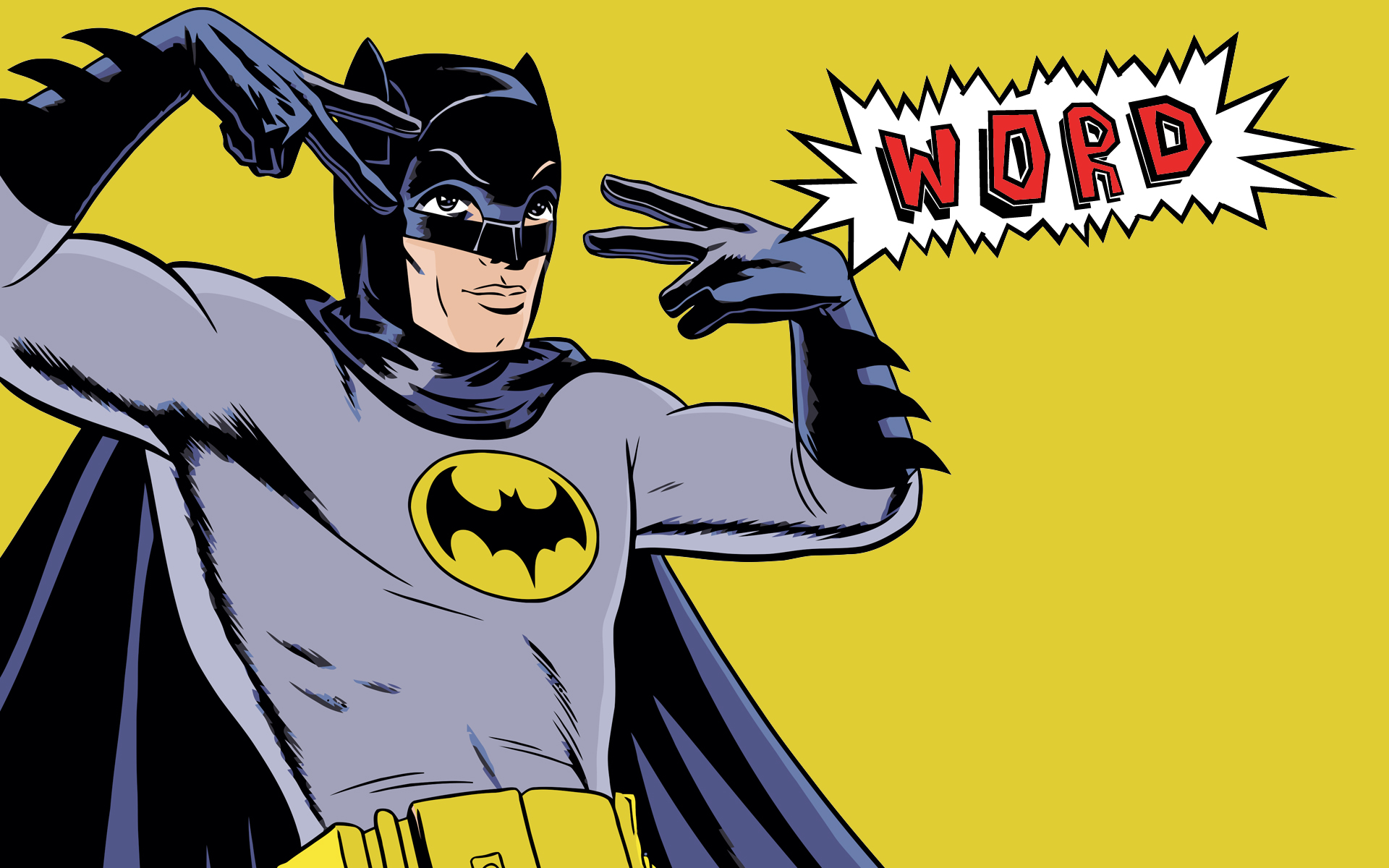Do we smile because of the way it makes us sound?
bsp; Yes. Smiling raises the pitch of our voice making us sound less dominant and threatening. Via Fascinate: Your 7 Triggers to Persuasion and Captivation: The smile enigma stumped anthropologists for hundreds of years. Finally, John J. Ohala, a professor from the Department of Linguistics at University of California–Berkeley, revealed his answer. We smile, he discovered, not for the visual cues. We smile because of the way it sounds. Or more specifically, because of the way it makes our voices sound.…
3 minutes
Is there a limit on how many friends you can have?
bsp; The theory of Dunbar's number says yes: Dunbar's number is suggested to be a theoretical cognitive limit to the number of people with whom one can maintain stable social relationships. These are relationships in which an individual knows who each person is, and how each person relates to every other person.[1] Proponents assert that numbers larger than this generally require more restrictive rules, laws, and enforced norms to maintain a stable, cohesive group. No precise value has been proposed for Dunbar's number. It…
2 minutes
What makes a hero?
bsp; Time has an interesting piece by John Cloud about what research has to say about why people tisk their lives to save others. The data offers three insights: 1) Heroism can be selfish, not just altruistic. Every human culture recorded reveres heroism and engaging in heroic acts raises status. Because heroism is so deeply valued, Becker and Eagly define it as not only noble risk taking but also something selfish, a way to ensure status... the authors concluded that…
1 min read
Is less violent TV and more educational TV the answer to better behaved kids?
bsp; No. Educational TV increased physical aggression at school almost as much as violent TV. And the more educational TV a kid watched, the crueler they were to their classmates. Via NurtureShock: More exposure to violent media did increase the rate of physical aggression shown at school—however, it did so only modestly. In fact, watching educational television also increased the rate of physical aggression, almost as much as watching violent TV. And just like in the Minnesota study, educational television…
1 min read
Why does it feel so good to collapse in front of the TV after work?
bsp; "...immersion in (a) familiar fictional world restores self-control." Work depletes self-control and willpower. Socializing can restore energy but it can also require effort. Favorite TV shows are like pseudo-socializing. They effectively restore self-control without you having to get off the couch. Enacting effortful self-control depletes a finite resource, leaving less self-control available for subsequent effortful tasks. Positive social interaction can restore self-control, but hurtful or effortful social interaction depletes self-control. Given this conflict, people might seek an alternative to…
1 min read
When your brain is fried and you can’t concentrate, what can help?
bsp; A walk in nature has been shown to restore the ability to focus. While natural settings can be as busy and stimulating as a city, we process them differently, allowing for attention to be restored. Even looking at pictures of nature had positive effects. We compare the restorative effects on cognitive functioning of interactions with natural versus urban environments. Attention restoration theory (ART) provides an analysis of the kinds of environments that lead to improvements in directed-attention abilities. Nature,…
1 min read
Does working out a lot make you sleep better at night?
bsp; No. Thinking you worked out a lot improves sleep. How hard you actually worked had no effect. Via Dreamland: Adventures in the Strange Science of Sleep: What may matter more than the amount of time spent doing strenuous physical activity is how hard the brain considers the work to be. One study, completed by Swiss researchers and published in the Journal of the American College of Sports Medicine, focused on nearly nine hundred college students in Switzerland. Each person…
2 minutes
10 quick ways to improve your work life, distilled from tons of research:
bsp; Andrew O'Connell has a piece in Harvard Business Review that dishes out some useful research-based tips. Highlights below: Being nice doesn't always pay: "Men who are significantly less agreeable than average earn 18.31% more than men who are significantly more agreeable than average, while the comparable figure for women is 5.47%," Wishing people luck works: "Activating a positive superstitious belief can boost people's confidence, which in turn improves performance..." Looking at evocative images after trying to remember something improved…
2 minutes








